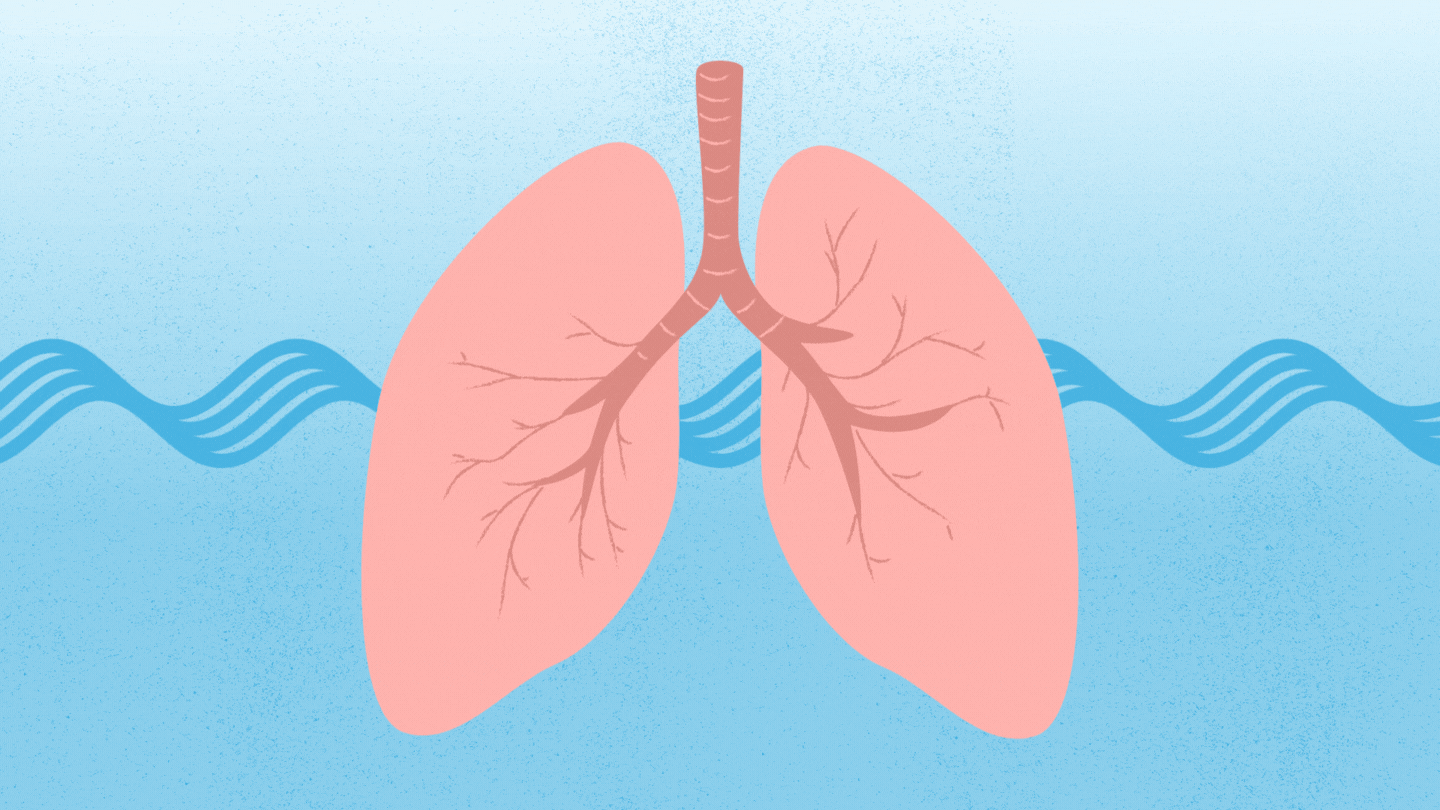Variations in this vital sign are influenced by a few different factors, including a person’s activity level, stress level, sleep patterns, overall health, and environment.
Physiological Factors
In healthy adults, activity, rest, and stress can all temporarily change your breathing rate.
Exercise and physical activity: Physical activity gets the heart and lungs working harder to supply the body with extra oxygen, and it increases breathing rate. But when people who do regular aerobic physical activity are at rest, they may have a lower respiratory rate. That’s because the body becomes more efficient at getting oxygen into the bloodstream and transporting it to the working muscles.
Sleep: Your rate of breathing naturally slows down while you’re sleeping, and it’s lowest during deep sleep. In REM (rapid eye movement) sleep, the respiratory rate increases and becomes less regular.
Stress: Stress and strong emotions can cause the breathing rate to get faster as the airway between the nose and lung constricts. Stress can also cause the release of the hormones adrenaline and cortisol, which can make the heartbeat faster and the respiratory rate rise.
Long-term stress and anxiety can also cause a slower-than-normal heart rate.
Environmental and Lifestyle Factors
External factors and lifestyle choices can impact breathing rate.
Smoking: When you smoke, oxygen is displaced, preventing its delivery to the muscles and other body tissues. People who smoke experience shortness of breath almost three times as often as nonsmokers.
Overweight or obesity: People who have overweight or obesity are more likely to have reduced lung function, which can impact breathing rate.
Air quality: Air pollutants like particulate matter can cause irritation and inflammation in the lungs. When the lungs are inflamed, the body may try to adjust by breathing faster to get more oxygen to the lungs and expel carbon dioxide.
Altitude: Because the air is thinner at higher altitudes, the body tends to breathe faster to maintain adequate oxygen levels in the blood.
Alcohol: Regular or heavy alcohol consumption can slow respiratory rate.
Illness
Acute and chronic illnesses can have an effect on breathing rate. For example, inflammation and mucus caused by a respiratory infection can make it harder to take breaths, leading to an increased respiratory rate.
A few conditions can do the opposite, and slow down the respiratory rate, such as a thyroid issue or an electrolyte imbalance.
Read the full article here




